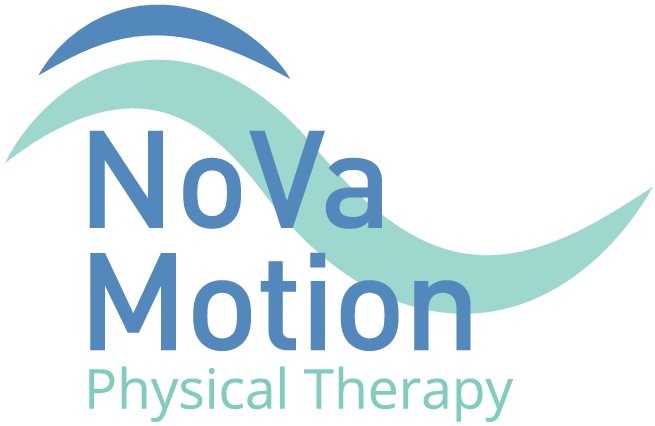The Link Between Stress and TMJ
Have you ever wondered why your TMJ is worse during times of stress? Or maybe you became aware of symptoms of TMJ when you’ve been suffering through a stressful season of life? Suffering from any kind of orthopedic injury can be stressful—it can negatively affect your normal physical activities and exercise habits, the quality of your sleep, and maybe even work-related duties. Orofacial or TMJ pain, often accompanied by unfamiliar symptoms, can cause anxiety and disrupt essential daily functions like eating, speaking, and hearing.
The Stress-TMJ Connection
When we encounter a stressful situation, let’s say a dangerous person or animal is chasing us, our bodies are designed to react to this with our “fight or flight” response—we either stay and fight off the danger or we run away from it. In order to do this, our body releases hormones like adrenaline and cortisol that increase our heart rate and cause our muscles to tense up all at once. Since this type of stress is short-lived, the body will then release all this stress once the event has passed. Chronic stress; however, maintains a lower level state of muscle tension and can cause an increase in jaw clenching or grinding, straining the masticatory muscle system (ie your jaw muscles). More tension leads to more clenching leads to an increased load on the temporomandibular joints themselves—similar to the way beginning a new exercise routine that places an increased load through other joints in our bodies can cause stress to those joints. Our bodies can usually adapt to those changes in demand very well, but when accompanied by stress, why do we end up in pain?
The release of those aforementioned stress hormones, cortisol and adrenaline, trigger our central nervous system to release inflammatory mediators (cytokines, reactive oxygen species among others) which can cause cell damage, activate immune cells, and increase blood flow to the site of stress. This temporary inflammatory response, like our “fight or flight” response, can be helpful to us when there is an acute injury to our bodies, but with chronic stress, it can lead to prolonged inflammation and contribute to organ and tissue damage.
These reactions are not limited to the TMJ—oftentimes they also affect muscles of the head and neck, leading to various different types of headaches and neck pain and stiffness. Cervicogenic headaches are headaches that originate from neck muscle tension and tend to travel upwards into the head from the occiput, or back of the head, or the neck and shoulder muscles just below. Other signs to look for include an onset of tinnitus, vague tooth pain, ear pain, or stiffness with movement of your neck or jaw.
Stress Management Techniques
Exploring stress-relief activities like yoga, meditation, or simply taking a walk can help manage chronic stress. Being mindful of posture and resting mouth position, practicing nasal breathing, and engaging in diaphragmatic breathing can calm the central nervous system. Addressing stress triggers and promoting proper sleep hygiene are essential for healing and well-being.
Our Role in TMJ Physical Therapy
As TMJ physical therapy providers, we educate patients on the physiological effects of stress, manage muscle tension symptoms, and offer guidance on posture and habit reversal techniques. We support lifestyle changes to help individuals navigate stressful periods. Referrals to dental and mental health professionals experienced in TMJ management can provide comprehensive care for physical, emotional, and mental well-being.
Seeking Professional Help
Understanding the impact of stress on TMJ disorders is crucial for managing symptoms effectively. While TMJ treatment may not be widely known, seeking specialized care early can prevent prolonged symptoms and aid in recovery. Collaborating with providers knowledgeable about stress-TMJ connections can lead to better outcomes and improved quality of life.
Recognizing the link between chronic stress and TMJ disorders is key to addressing orofacial pain and associated anxiety. Seeking professional help from providers experienced in managing TMJ issues can facilitate recovery and enhance overall well-being. Don't hesitate to reach out for support and guidance on your journey to better jaw health.
